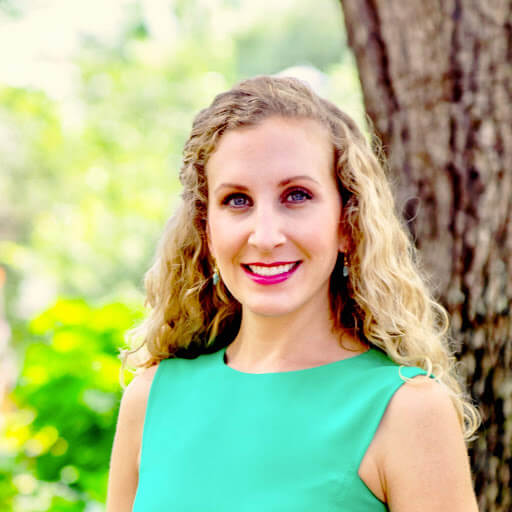How Lenders Can Find Opportunity in Small Business
Despite an uncertain economy, the number of small businesses has soared. And that translates to big opportunity for lenders who leverage unique data, according to Patrick Reily, co-founder of Uplinq Financial Services.
In our Market Pulse podcast episode, “How Data Helps Lenders Navigate an Uncertain Market,” Reily provides specific examples of how lenders can use unique data to build powerful models that better predict risk behavior. He said Uplinq alone connects to over ten thousand authoritative data sources, adding up to about 12.5 million different data series in the U.S.
Listen to the complete podcast interview or continue reading for excerpts from our interview.
How can lenders find opportunity? Are there specific examples that you can provide?
I would say that probably the big gap right now is most traditional lenders tend to use what I would call a decision tree type approach. It’s a whole collection of yeses and no’s. You're passing through a gauntlet as a lone applicant. And as long as you keep hitting “yes,” you can get all the way through the other end. But if at any point along the way you hit a “no,” you're out.
What's the problem with a system like that? As a math guy I can tell you, the problem is that you’ll say no to a lot of really good people in order to get to the portion that is reliably good for you. So, if you can use a more dynamic method where you can balance the positives and the negatives to arrive at a conclusion, then you can say yes, a lot more often.
If you think about it in the unregulated space, even some of the riskiest lending areas of commercial lending have loss rates that are rarely above about 20-percent. That means 80-percent of those customers are still great credit customers for a bank. So, what we can do is manufacture a process to reach those segments, and we do that with multi-variant modeling. It balances the positives and the negatives to arrive at a view of what we should do.
You refer to unique data. What do you define as unique data?
We look at sources that can be well-vetted, well-authenticated in which we can have high confidence. So, what are we talking about? Things like bank account data, transactional and statement information, building information, government sources, utility, reporting, and other sorts of similar information sources. They can give us high confidence about what's going on.
Some quick examples of that include things like location specific, aggregated mobile device activity. We don't have to know who's going up and down the street. That's not important to us. But to understand the volume of traffic that moves in front of a store front can be incredibly informative about the likelihood of success of that restaurant or that shopkeeper or that business. So now we're not just dependent on government data that tells us where people live and where they work. We can see the river they flow down when they're going between all their points in life.
Another great example is tax return information. We can aggregate peer groups that are reflective of the type of business we're considering. We can adjust for the age of the business and the size of the business, the marketplace the business exists in, and so on, and so forth to arrive at a view of how well this company is performing relative to its peer group.
Are there any industries that you think in terms of opportunity that would be better to focus on the others? And does location matter?
Yes, and yes. But it's not only a good location and bad location or a good industry or bad industry category. It's a lot about fitment. And in geek speak, we talk about interactions between data. So, when we're looking, we're not only trying to determine if a community is growing or contracting. We’re looking at whether it’s a resource rich environment for this type of business to build within. Most importantly, how well does it fit?
Subscribe to Market Pulse Podcast
The Market Pulse podcast is available wherever you listen to
podcasts. This episode was a continuation of our conversation of the
February Market Pulse webinar. You can access
it on-demand and sign up for our next webinar.
Recommended for you


